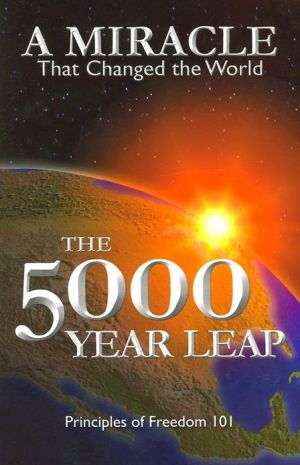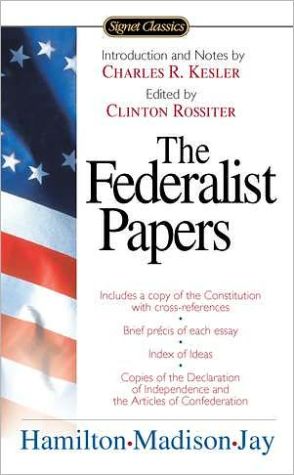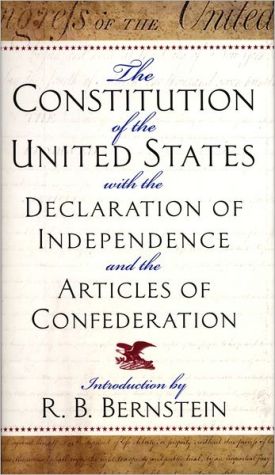A Constitution of Many Minds: Why the Founding Document Doesn't Mean What It Meant Before
Search in google:
"What distinguishes the most important minds is less the answers they offer than the questions they ask. Who but Cass Sunstein would think to ask what unites the arguments and assumptions of traditionalists, populists, and cosmopolitans in constitutional interpretation and elsewhere--and what influences the force of those arguments at different times and in different places? Exploring those questions with his characteristic elegance and insight, Sunstein--the most prolific and significant legal scholar of our time--has written a brilliant book for all seasons."--Laurence H. Tribe, Harvard Law School"Sunstein combines diverse theories of constitutional interpretation into one coherent framework. That framework is captured by the book's title--A Constitution of Many Minds. This book is likely to be widely read and highly cited."--Kim Lane Scheppele, author of Legal Secrets"Sunstein presents an elegant and fascinating argument, and he consistently tries to play fair with the views he is assessing. He covers many areas and has provocative things to say about them. A Constitution of Many Minds is a fine book that is sure to provoke much discussion."--Sanford Levinson, author of Our Undemocratic Constitution Steven Puro - Library Journal Sunstein (Harvard Law Sch.; Worst-Case Scenarios), currently information and regulatory affairs administrator in the Obama adminstration, engages us in a conversation about the enduring issues of American constitutional law and how society can create changes in constitutional understanding. He looks at three means of constitutional interpretation-traditionalism, populism, and cosmopolitanism-which, respectively, stress the role of traditions, the significance of public opinion, and the importance of foreign law in creating our present constitutional arguments. As Sunstein explains, each approach overlaps with the other. Sunstein carefully analyzes each approach and shows that all create a central dilemma in constitutional law; for example, the traditionalism approach limits some aspects of due process activities. He also examines the consequences of each approach to determine whether it would make our constitutional order better or worse. He sees the new social and political commitments of citizens and political leaders, as well as the courts, as key elements in redirecting constitutional interpretation. Highly recommended for scholarly audiences and lay readers interested in current constitutional studies.
PrefaceIntroduction Jefferson's Revenge 1Pt. I Preliminaries 17Ch. 1 There Is Nothing That Interpretation Just Is 19Pt. II Traditionalism 33Ch. 2 Burkean Minimalism 35Ch. 3 Rationalists vs. Burkeans 60Ch. 4 Due Process Traditionalism 93Pt. III Populism 123Ch. 5 Backlash's Travels 125Ch. 6 Public Opinion and Social Consequences 140Ch. 7 Public Opinion and Judicial Humility 165Pt. IV Cosmopolitanism 185Ch. 8 What Other Nations Do 187Afterword 210Acknowledgments 217Index 219








